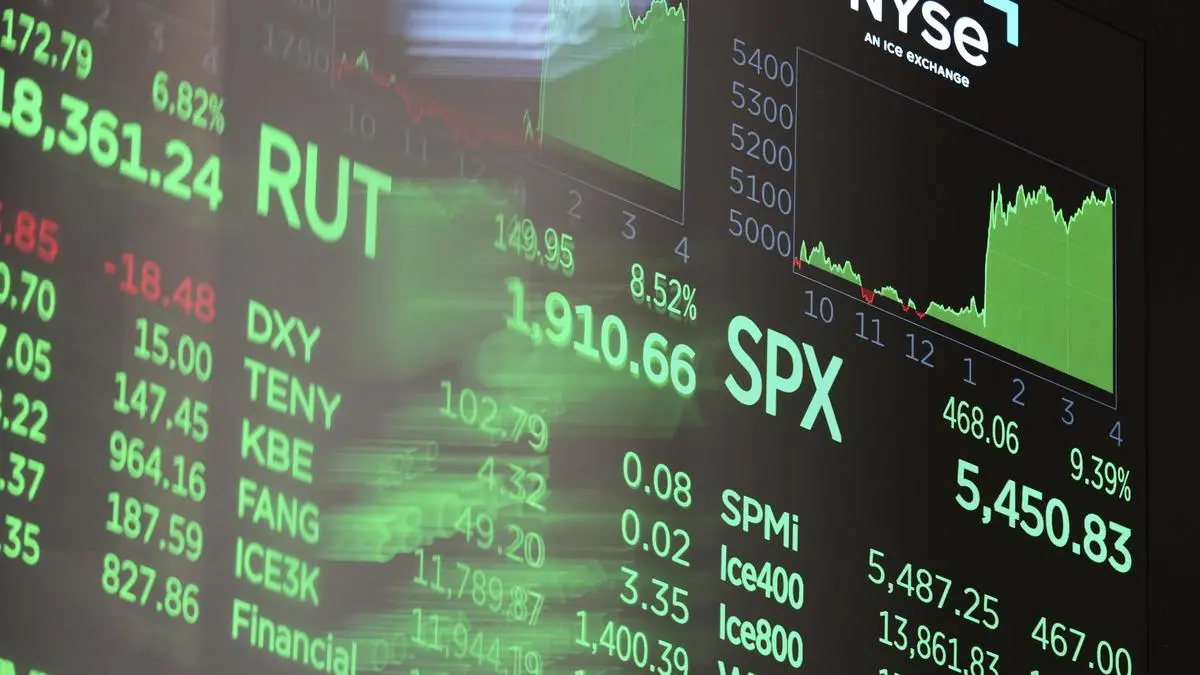The trade war between the United States and China has been making headlines for quite some time now. With talks of tariffs, tensions and negotiations, it can be overwhelming for investors to keep up with all the terms and jargon related to this economic conflict. One term that has been gaining more attention recently is the “dead cat bounce”. In this article, we will explore this term and five other important terms that every investor should know when dealing with the trade war.
But before we dive into these terms, let’s first understand what the trade war is all about. In simple terms, it is a battle of tariffs and trade policies between the two largest economies in the world, the US and China. It all started in 2018 when the US imposed tariffs on Chinese imports, prompting China to retaliate with its own set of tariffs on US goods. Since then, the trade war has escalated, causing ripple effects in the global economy. Now, let’s look at the six important terms that every investor should know when dealing with the trade war.
1) Dead cat bounce – The term “dead cat bounce” originates from the saying “even a dead cat will bounce if it falls from a great height”. In the financial world, it refers to a short-lived recovery in the stock market after a significant decline. In the context of the trade war, it means a temporary relief rally in the stock market due to positive news or developments in the trade negotiations. However, this bounce is short-lived and does not mark the end of the market downturn.
2) Tariffs – A tariff is a tax imposed on imported goods by a country’s government. In the trade war, both the US and China have been imposing tariffs on each other’s goods, affecting the prices of these goods and profitability of companies. Tariffs are also seen as a protectionist measure to shield domestic industries from foreign competition. However, it can have negative effects on the global economy, such as higher prices, reduced trade and economic growth.
3) Negotiations – Negotiations refer to talks and discussions between the US and China to reach a trade agreement. This involves both parties discussing and bargaining on the terms of the agreement, such as tariffs, intellectual property, and technology transfers. The negotiations have been ongoing, with both sides making progress and setbacks, leading to market fluctuations.
4) Retaliation – When one country imposes tariffs on another, the other country may retaliate by imposing its own set of tariffs. This back-and-forth of tariffs between the US and China has been a major factor in the trade war. Retaliatory tariffs can have a domino effect on the global economy, affecting not just the two countries involved, but also their trading partners.
5) Stock market volatility – The stock market’s erratic movements are a result of the ongoing trade war. Constant news and developments related to the trade war can send stocks soaring or plunging in a matter of hours. For investors, this means increased risk and uncertainty in the stock market, making it crucial to stay updated on the latest developments and their potential impact on investments.
6) Safe haven assets – As a result of the trade war’s impact on the market, investors have been turning towards “safe haven” assets to protect their investments. These are assets that are believed to hold their value during times of market turmoil. Examples of safe haven assets include gold, government bonds, and the Japanese yen. This shift towards safe haven assets is an indicator of the market’s uncertainty and the potential for a prolonged trade war.
In conclusion, the trade war between the US and China has been creating havoc in the global economy, affecting businesses, markets and investors. As an investor, it is crucial to understand the jargon and terms related to this economic conflict to make informed decisions and protect your investments. These six terms – dead cat bounce, tariffs, negotiations, retaliation, stock market volatility, and safe haven assets – are just some of the important terms to know when dealing with the trade war. Stay informed and stay ahead in this ever-evolving market.








